24 All-Star Readers on the Words That Rock Their Worlds
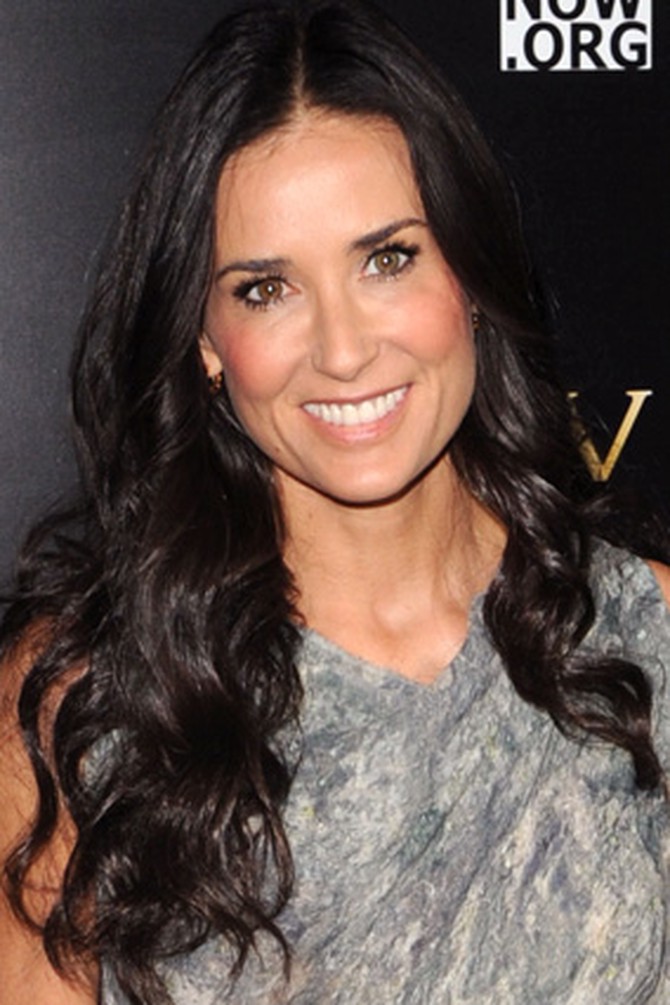
Photo: Getty
Demi Moore
At first glance, Alfred Tennyson's "Flower in the Crannied Wall" seems to be just a simple, lovely little reflection. But, in fact, it begs a question of such enormous magnitude that you could spend a lifetime seeking the answer: "Little flower but if I could understand / What you are, root and all, and all in all, / I should know what God and man is."
Read "Flower in the Crannied Wall" by Alfred Tennyson
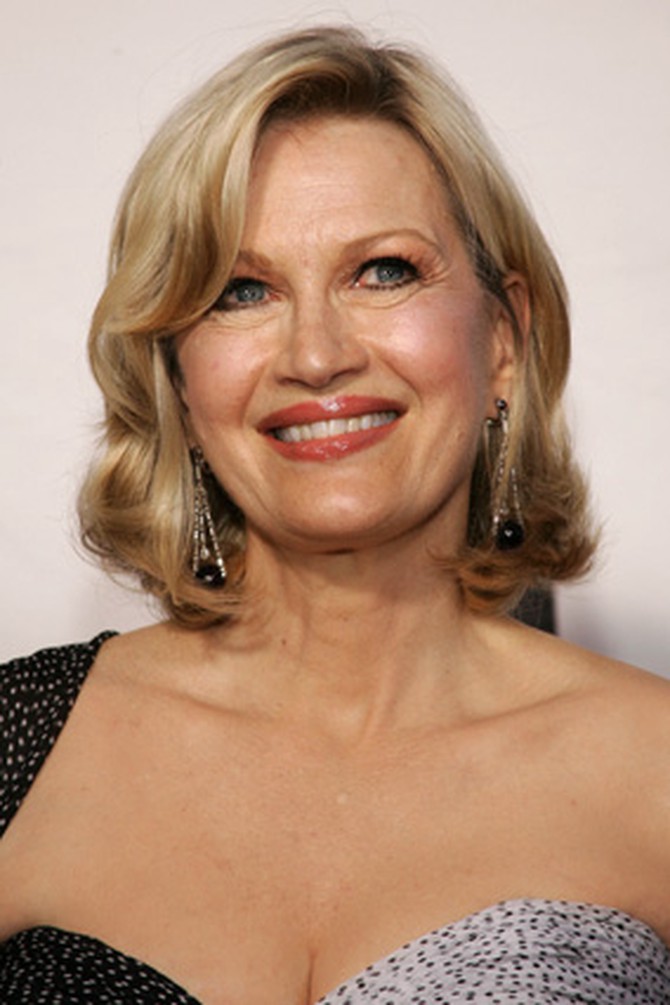
Photo: Getty
Diane Sawyer
For me, poetry is the compressed experience of an emotion. I'm not great at long novels. But I love a sharp, compressed arrow straight to the heart.

Photo: Getty
Bono
For the statistics of extreme poverty to step off the page and become the sisters, brothers, mothers, and fathers they represent, the right language has to be found—an act of poetry is required. In meetings with high stakes, I'm always concerned words will fail me, so as a kind of talisman I take a book of Seamus Heaney along and leave it behind. I don't know if these politicians ever take a look, but I think the transference of his stillness and stirrings would make their burdens feel lighter.
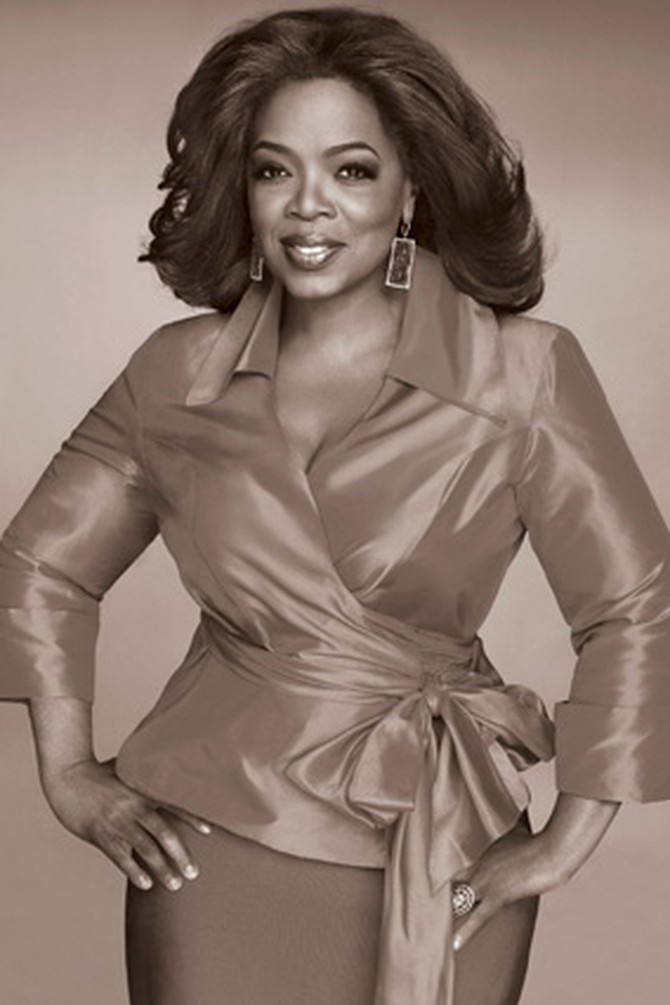
Photo: Ruven Afanador
Oprah
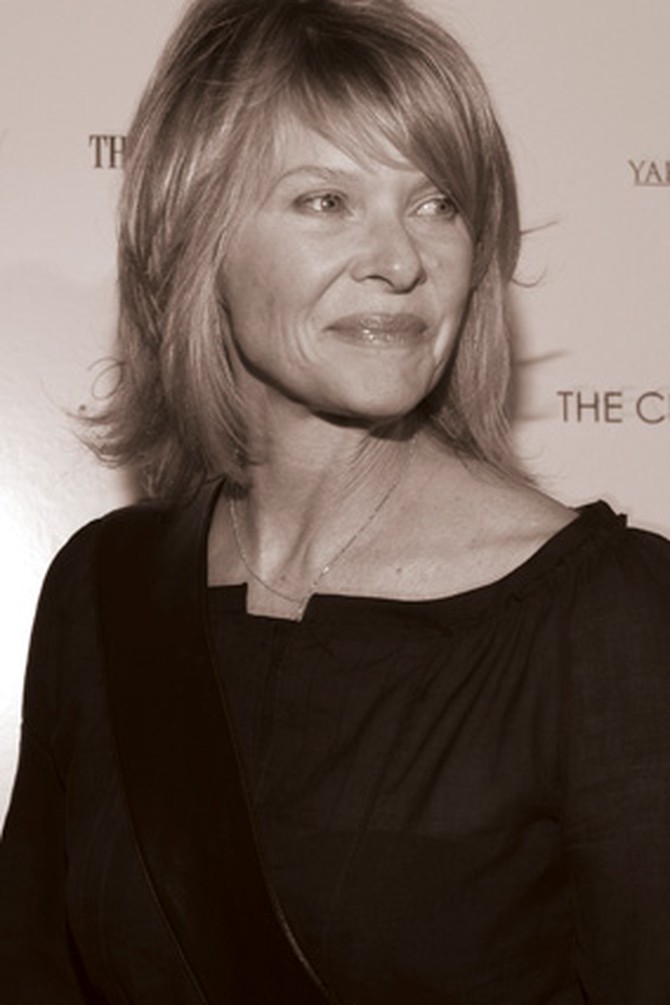
Photo: Getty
Kate Capshaw
The first time I read David Whyte's "Self Portrait," I set the book down and wept. I wasn't sad or lonely or frustrated with my life. I was simply moved—profoundly. Each time I read the poem, it turns me back to my "fierce heat of living."
Read "Self Portrait" by David Whyte
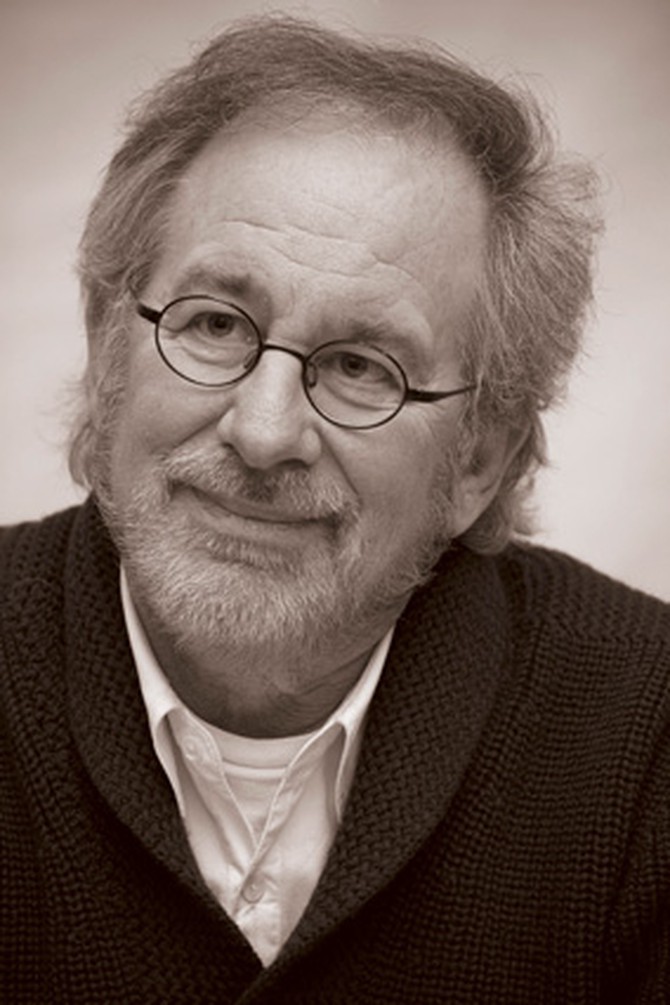
Photo: Getty
Steven Spielberg
John O'Donohue's "For the Artist at the Start of Day" gives me an opportunity to remember my passion—where it all begins: "May morning be astir with the harvest of night; / Your mind quickening to the eros of a new question, / Your eyes seduced by some unintended glimpse / That cut right through the surface to a source."
From To Bless the Space Between Us: A Book of Blessings by John O'Donohue, copyright © 2008 by John O'Donohue. Used by permission of Doubleday, a division of Random House, Inc.
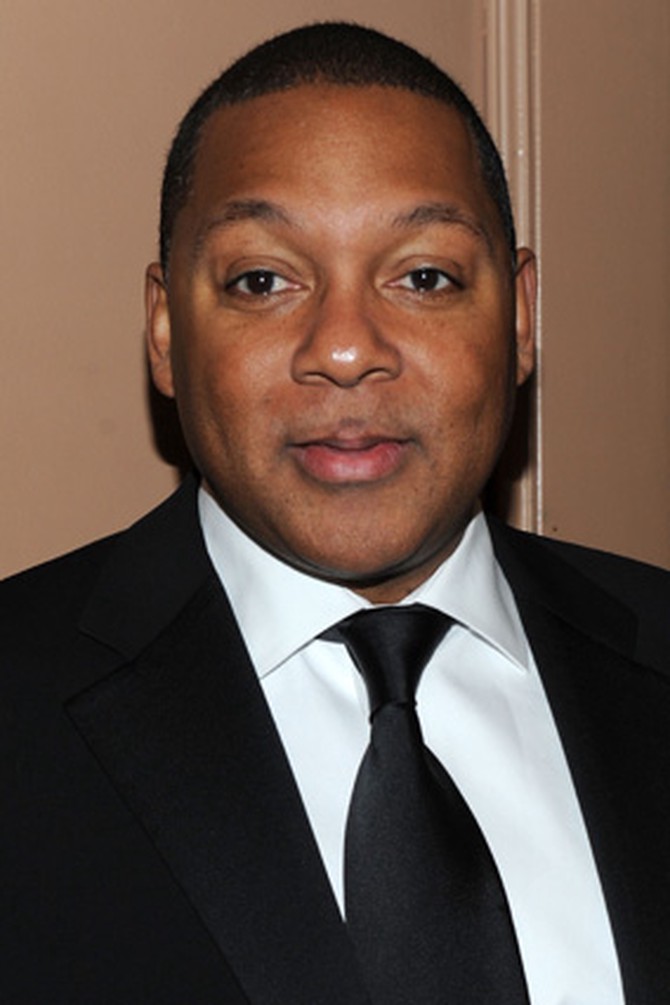
Photo: Getty
Wynton Marsalis
Poetry is serious, playful, all-encompassing, specific, divine, incomprehensible, profane—and great for getting phone numbers.
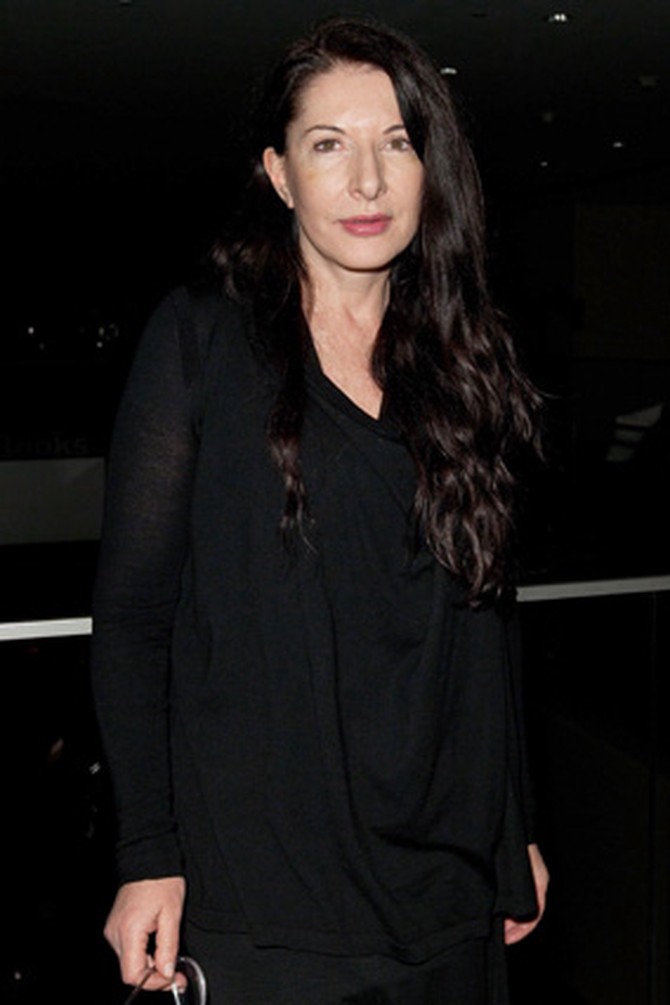
Photo: Getty
Marina Abramovic
Zbigniew Herbert's "Study of the Object" puts me in a state of parallel reality that is more profound than my own, and that truly lifts my spirits: "now you have / empty space / more beautiful than the object / more beautiful than the place it leaves / it is the pre-world / a white paradise / of all possibilities...."
Read "Study of the Object" by Zbigniew Herbert
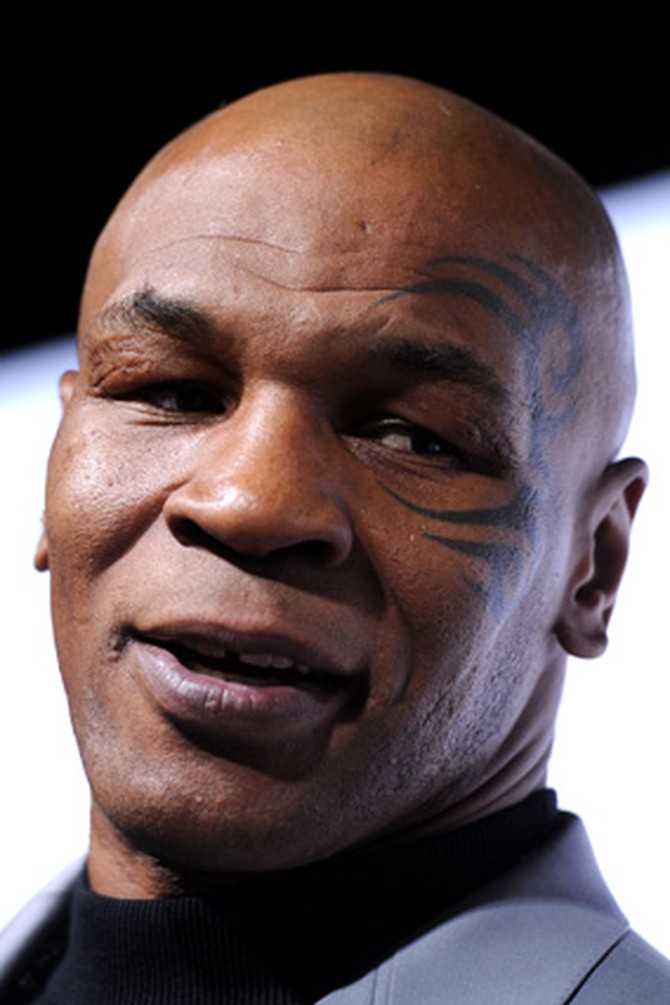
Photo: Getty
Mike Tyson
At age 12, I was introduced to a poem [author unknown] called "Don't Quit" by my mentor. It was the first poem I ever knew. The last lines are: "Stick to the fight when you're hardest hit / It's when things seem worst that you must not quit."
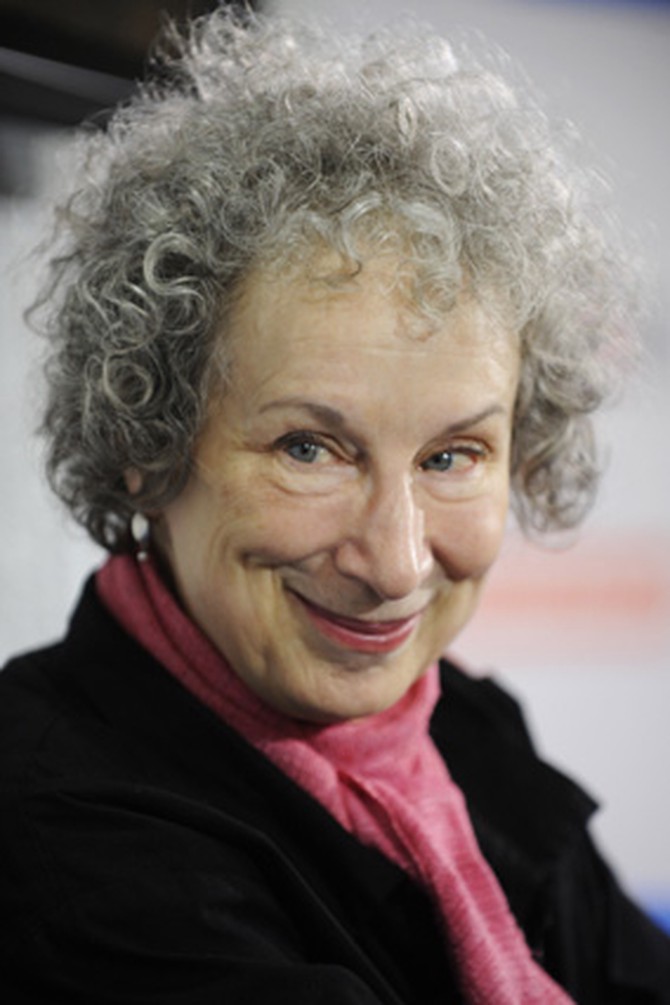
Photo: Getty
Margaret Atwood
The question "What is the role of poetry" is like asking, "What is the role of eating?"
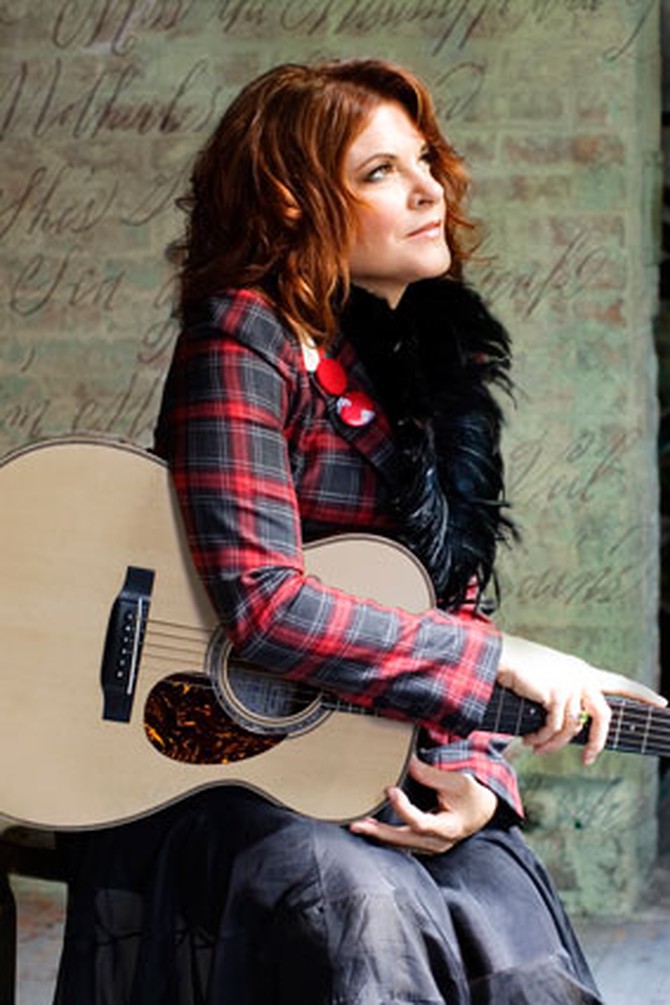
Photo: Getty
Rosanne Cash
I have read Philip Larkin's "An Arundel Tomb" dozens of times, and I never fail to be deeply moved by it. I am unsettled and intrigued by the last stanza, which I have used to describe my parents: "Time has transfigured them into / Untruth. The stone fidelity / They hardly meant has come to be / Their final blazon, and to prove / Our almost-instinct almost true: / What will survive of us is love."
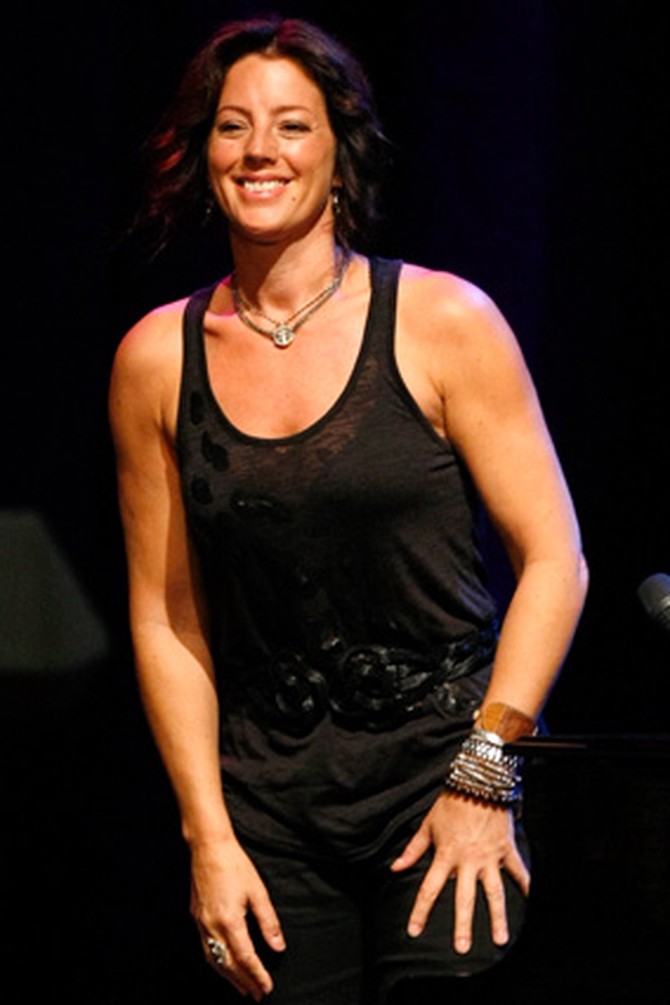
Photo: Getty
Sarah McLachlan
"Music and Heaven" was a birthday present from my dear friend, the writer David Morton. It speaks of my love and connection to my favorite place in the world, Tofino, British Columbia, where I feel the most at peace and uninhibited. It begins: "On this sandgrain day / When this great space is squeezed / Between burdening clouds and sandslick flats / ...She celebrates and spurns her driftwood wind-blown age."
Read "Music and Heaven" by David Morton
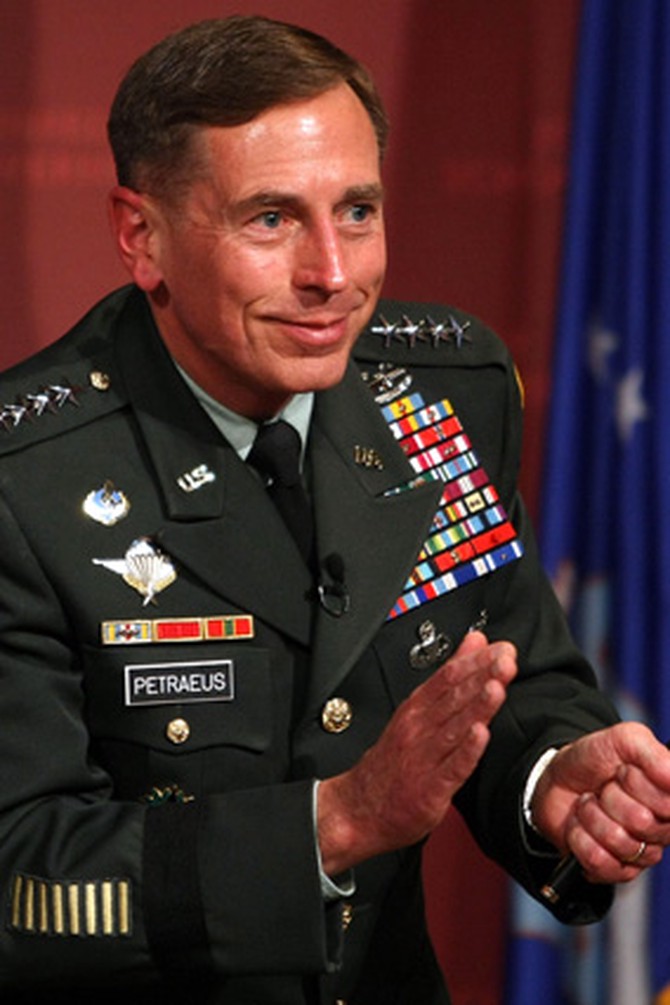
Photo: Getty
General David H. Petraeus
I was reminded of Rudyard Kipling's "If" via e-mail from a hometown friend early on the morning of September 10, 2007, as I prepared for the first day of what were widely anticipated to be two days of highly charged hearings on the war in Iraq. U.S. ambassador to Iraq Ryan Crocker and I were to be the witnesses—and the predictions of the press proved to be true, as the hearings were very emotional and, ultimately, proved quite pivotal. "If" always seemed to capture powerfully the qualities needed in a leader during a tough mission. But in fact those qualities serve anyone well in any pursuit; indeed, I have tried throughout my life to follow Kipling's admonition to "fill the unforgiving minute / With sixty seconds' worth of distance run."
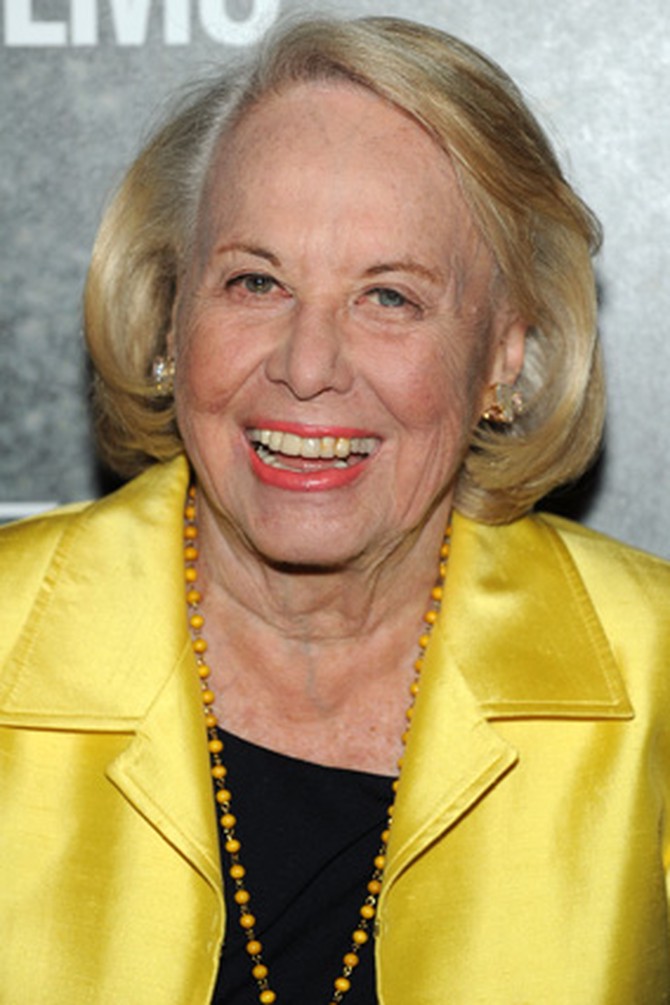
Photo: Getty
Liz Smith
Poetry is the cherry on the cake of literature.

Photo: Getty
Jessye Norman
The first poems I ever heard were recited by my mother, who was a schoolteacher in Wilkes County, Georgia. When reciting a poem, she always stood, her arms resting at waist height, fingers interlocked in the same manner as when she sang. Her favorites were the words of Paul Laurence Dunbar and Langston Hughes. She made certain we understood that these were black poets and that the poems we learned at school by Walt Whitman and so forth were good to know and should be learned and recited by heart, yet Mother also wished us to know that there were words that she felt belonged—yes, belonged—to us.
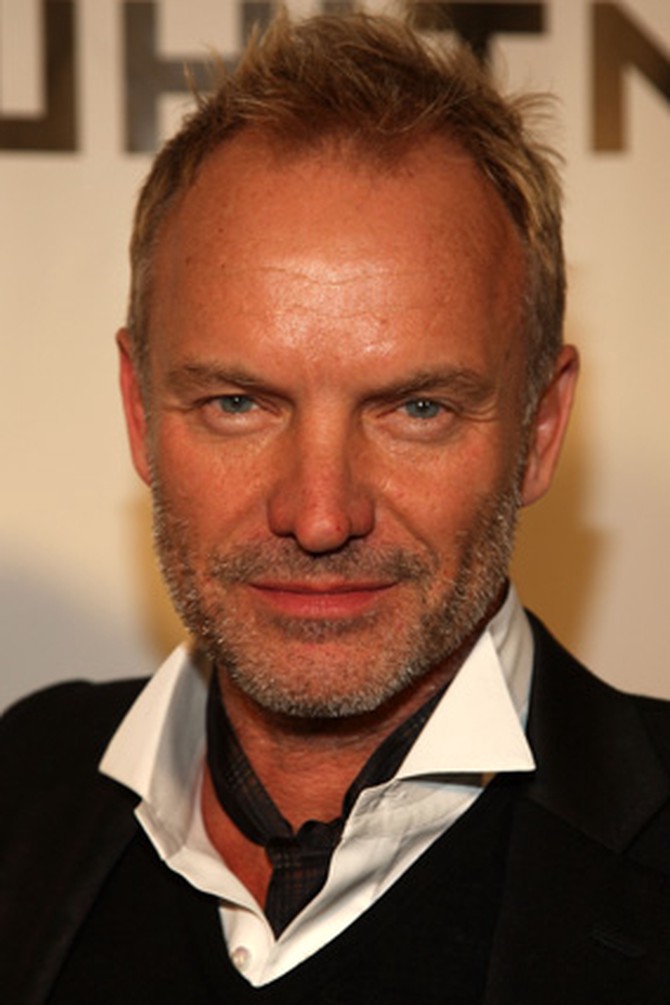
Photo: Getty
Sting
"The Thought-Fox," by Ted Hughes, deals with the creative process itself. The writer, alone at his desk at night, hears "the clock's loneliness" and then says, "Through the window I see no star." How many of us have faced a blank page on a night like this? Searching the skies vainly for inspiration?
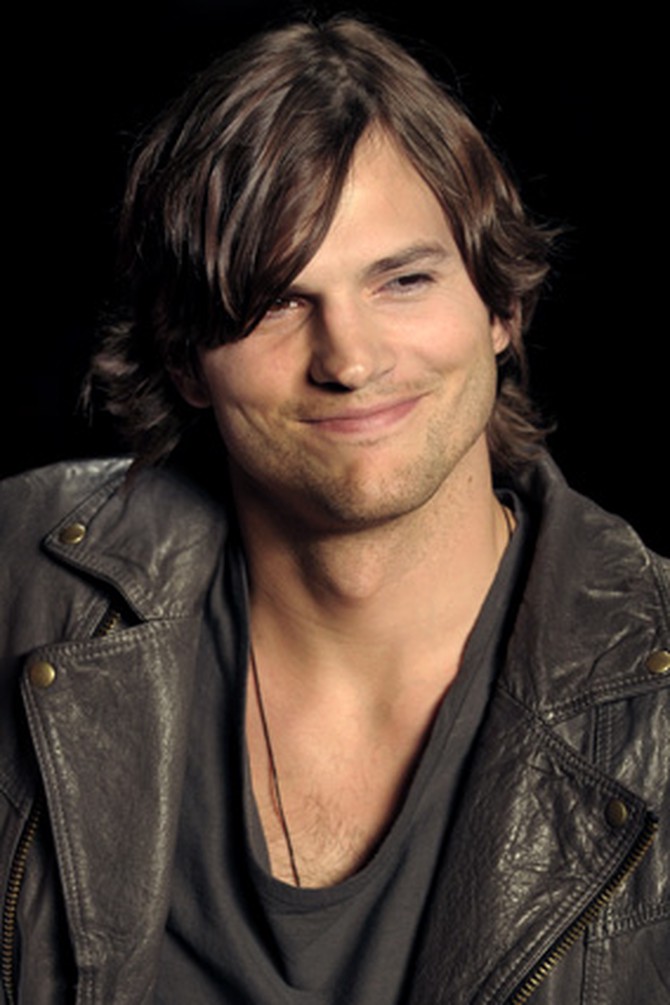
Photo: Getty
Ashton Kutcher
I love "What Are You Doing" because it shows pain turning into peace. The poem was written by my father, Larry M. Kutcher, who joined the Marines at 17. When you recognize that your parents carry scars, you develop new appreciation for their love. Here's the second stanza: "Where are you going, what are you doing, what is your five year plan? / They handed me a flag, sent me off to war, and said you'll come back a man."
Read "What Are You Doing" by Larry M. Kutcher
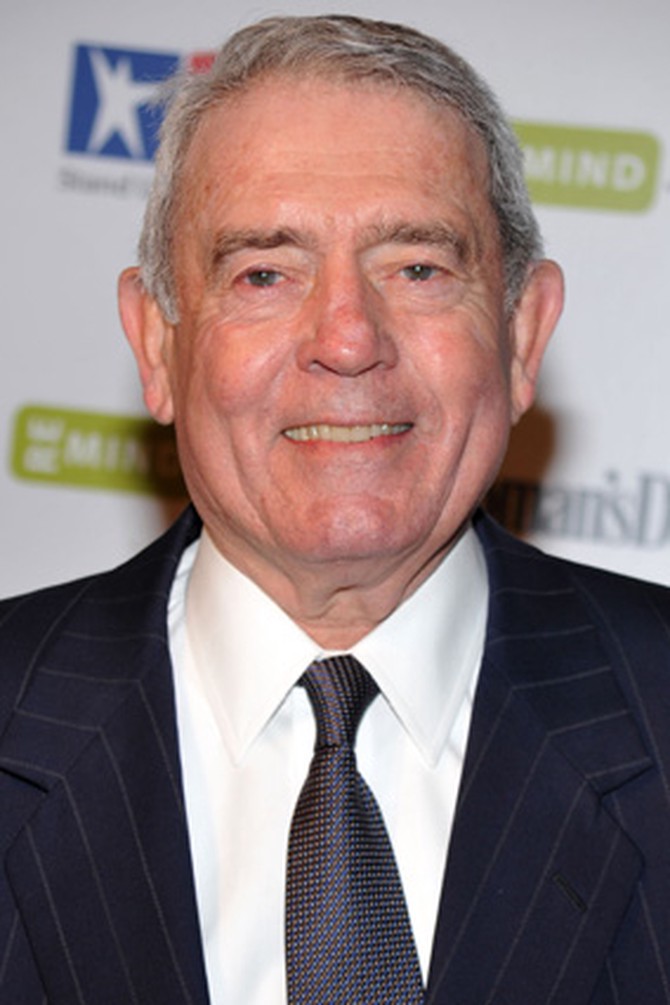
Photo: Getty
Dan Rather
I owe a great deal to my maternal grandmother; she was a regular and terrific Bible reader. Some of my earliest memories are from her reading the 23rd Psalm, which has been a favorite of mine since early childhood: "Yea, though I walk through the valley of the shadow of death, I will fear no evil," and so forth. I don't know that many people see this as poetry, but I think it really is.
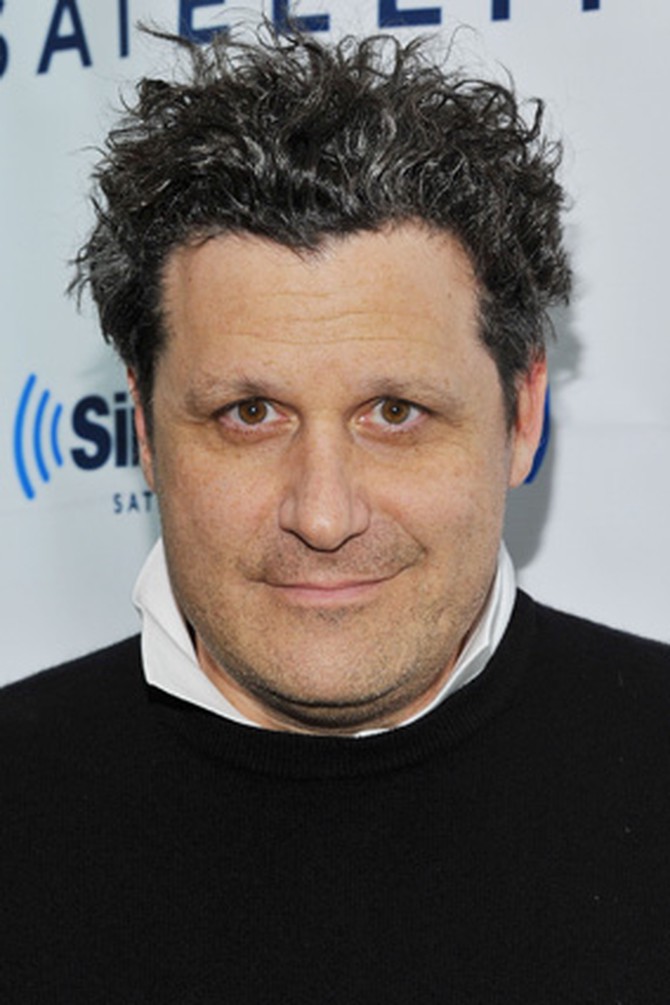
Photo: Getty
Isaac Mizrahi
I live for the Shakespeare sonnets. A special volume that I acquired when I was a teenager sits on my bedside table and I read from it often when I can't sleep or when I get down, and every time I learn things.
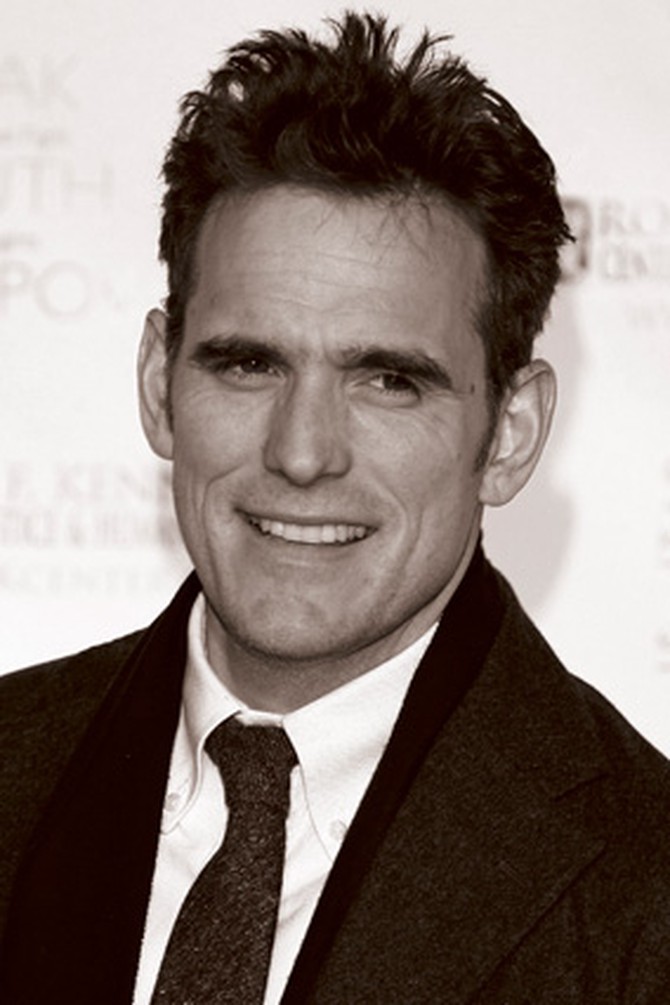
Photo: Getty
Matt Dillon
I heard "The Stolen Child," by William Butler Yeats, one afternoon on Grafton Street in Dublin. Standing there was a bearded man with haunted eyes, busking for change. He had a sandwich board draped over his shoulders with a long list of poems he could recite from memory. I was amazed as the words boomed with gusto from this madman. A human poem jukebox. Only in Dublin! I sometimes take the book off the shelf and read it out loud: "Come away, O human child! / To the waters and the wild / With a faery, hand in hand, / For the world's more full of weeping than you can understand."
Read "The Stolen Child" by William Butler Yeats
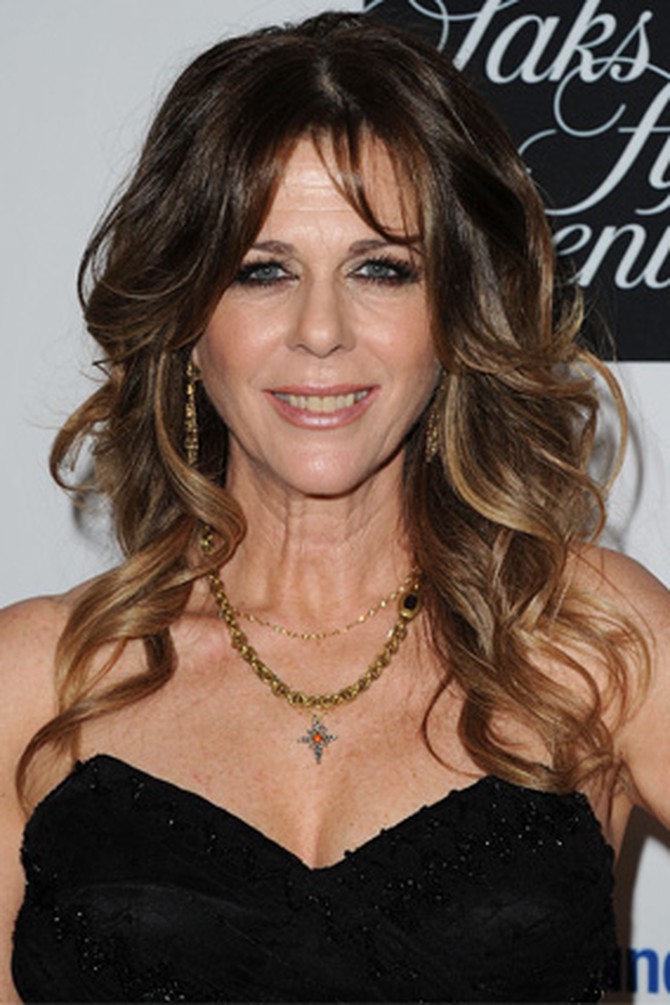
Photo: Getty
Rita Wilson
For me, Constantin Cavafy's "Ithaka" is about the journey of life. We know that along the way we will encounter "monsters," but Cavafy reminds us that these will just be passing difficulties, and that all your thoughts are within your control: "Laistrygonians and Cyclops, / wild Poseidon—you won't encounter them / unless you bring them along inside your soul."
Read "Ithaka" by Constantine Cavafy
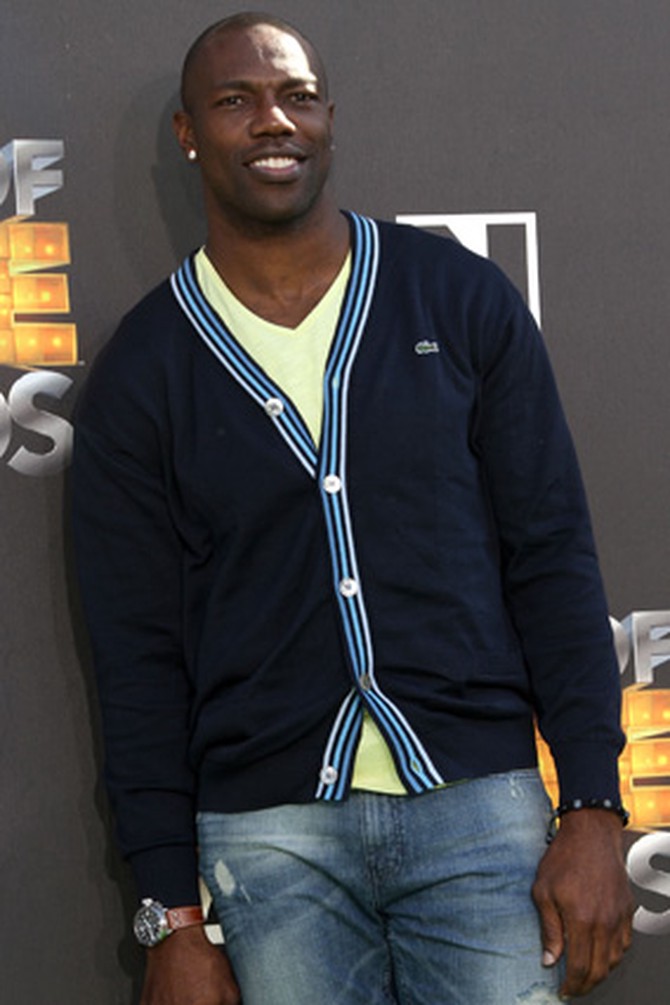
Photo: Getty
Terrell Owens
Poetry allows people to express themselves through written and spoken word when they otherwise may not be able to. A person who would normally have difficulty telling someone how they feel about a situation they're dealing with or a problem they have may feel more comfortable putting those feelings into poetic form. It also allows us to be transported into the thoughts and experiences of others by reading their poetry. Poetry can be insightful, meaningful, humorous and inspirational.
Read Terrell's favorite poem, "Choices," by Nikki Giovanni
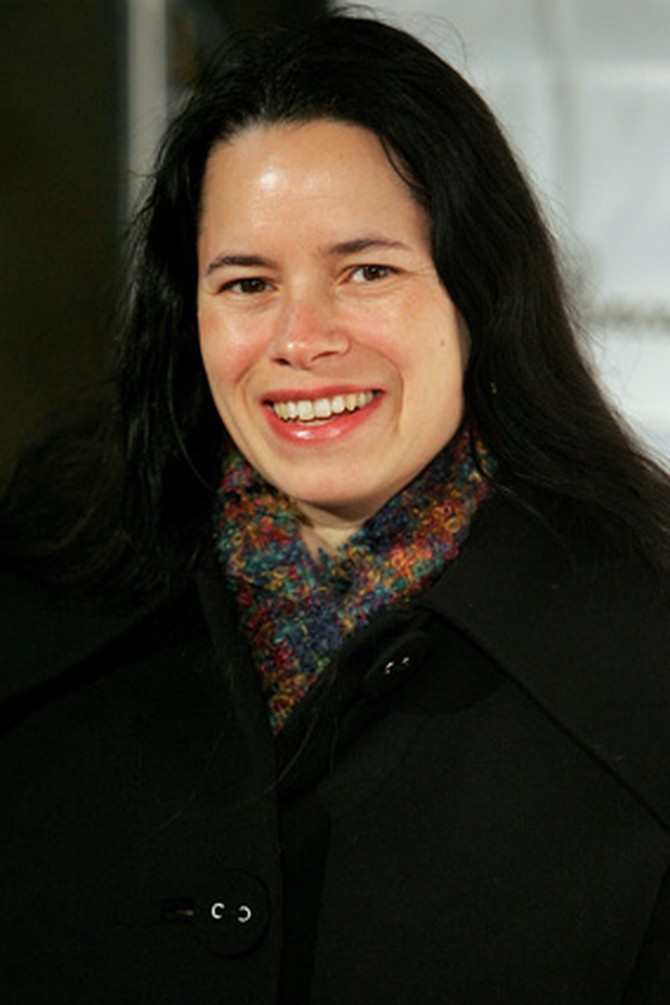
Photo: Getty
Natalie Merchant
Gerard Manley Hopkins begins "Spring and Fall" with the line "Margaret, are you grieving / over golden grove unleaving," and then ends it with "It's the blight man was born for / It is Margaret that you mourn for." Hopkins was able to condense into just these two simple lines the fact that when we witness and mourn the death of anything, whether it is a tree, a flower, a season, or a loved one, we can't help but mourn the loss of a part of ourselves and imagine our own inevitable passage from this world. In our daily use of language we lack the ability to speak of the most profound experiences, but poetry can do that for us.
Read "Spring and Fall" by Gerard Manley Hopkins
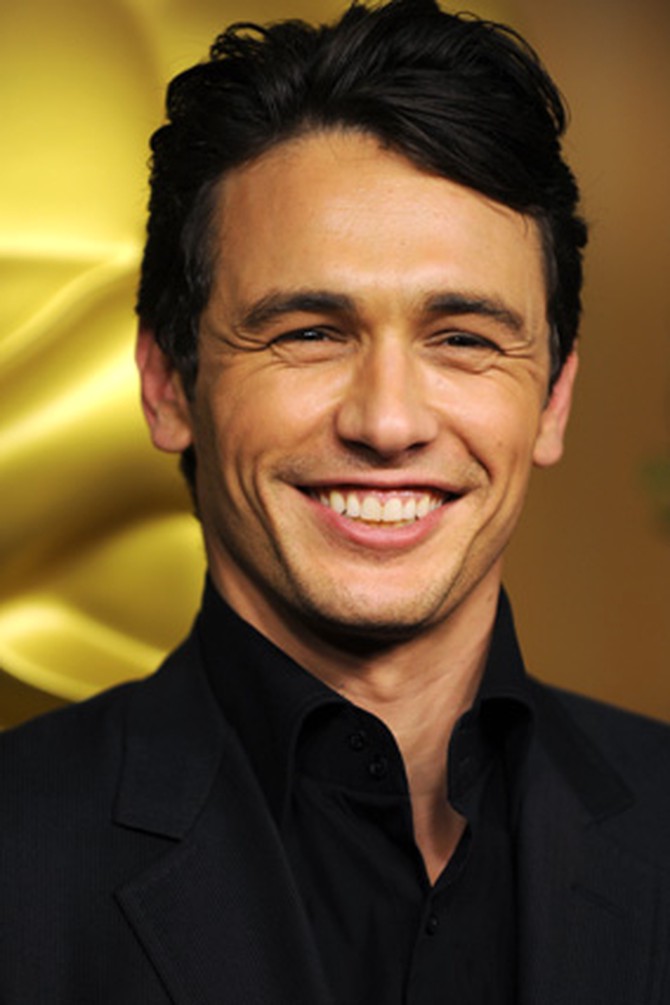
Photo: Getty
James Franco
I'm drawn to all media and genres that are looking for new ways of expression. Two of my favorite poems are "Cement Truck" by Tony Hoagland and "October" by Louise Gluck.
More Poetry
From the April 2011 issue of O, The Oprah Magazine

